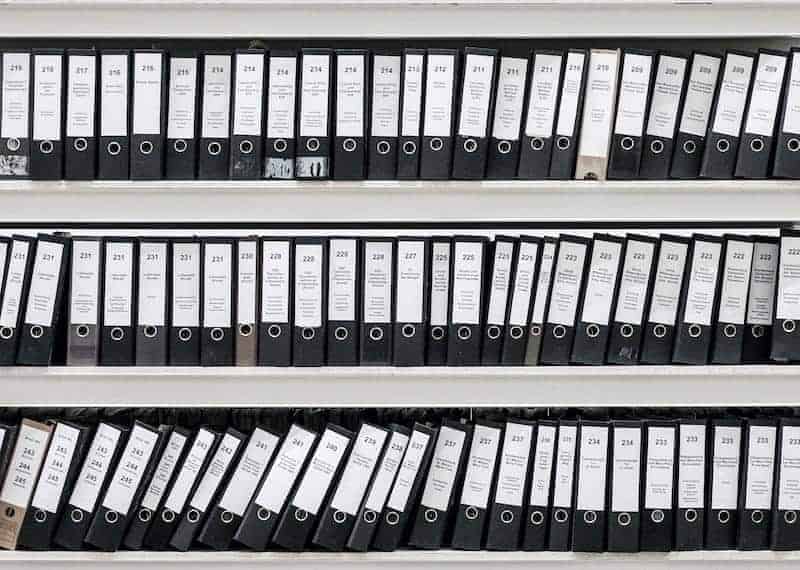Introduction
When you decide to expand your business to China, you will likely want to complete market research to determine if your product or service will resonate with the local market. Moreover, you will want to learn about the Chinese culture.
However, you will also need to learn about Chinese accounting standards, including CAS and IFRS (International Financial Reporting Standards).
The country has underwent a significant degree of reform regarding the traditional accounting standards and has adopted a modern system that incorporates more stakeholders into the process.
There have been regular updates to the accounting standards used in China, including new laws and regulations. It is important for businesses and foreign investors to understand Chinese accounting standards and how these may affect their business.
Traditional Accounting Standards Previously Used in China
To understand where Chinese accounting standards are today, it is important to know where they were previously.
The People’s Republic began by controlling economic activity and only permitting the business entity called the “state-owned enterprise.” The first accounting standard used by the People’s Republic of China assessed assets owned by these businesses in order to determine if targets for productivity were reached.
It used balance sheets to determine if these metrics were met. Because the goal was not economic profit, common accounting reports were not necessary or used.
Effect of the Addition of Joint Ventures in China
In 1979, China passed a law that allowed Joint Ventures to be used in China. This caused a separate accounting regulation to be implemented since these types of companies are focused on profit.
Implementation of the Chinese Accounting Standards
Since the market continued to expand after this point, Chinese Accounting Standards (CAS) continued to evolve. The company established accepted standards. New standards were realized for business enterprises.
Later accounting standards echoed the message and standards included in the International Financial Reporting Standards (IFRS).
All publicly traded companies in the People’s Republic of China must eventually adapt to the newer standards and ultimately converge into IFRS. However, many Chinese businesses do not currently use IFRS.
Central Differences between CAS and IFRS
There are several differences between the CAS and IFRS.
The Ministry of Finance issues and monitors the accounting standards for CAS. IFRS emphasize the nature of the account while CAS accounts are based on their function.
In CAS, local currency is utilized. Transactions in foreign currency are converted to the equivalent amount of RMB by using the official rate. Additionally, double-entry is completed only in RMB.
The CAS uses the historical cost method more often than the IFRS. This use is especially prevalent in private firms, which may experience difficulty obtaining fair-value data.
CAS requires that accounts begin on Jan. 1 of each year. CAS involves more stringent requirements than IFRS. For example, CAS has requirements regarding the disclosure of the identity of the business partners.
The CAS may also require indirect cash-flow statements and comments regarding the fairness of these transactions.
Problems with Inaccurate Accounting
One problem with this system is that there is not as much oversight and enforcement in China as there are in other countries.
Some business owners may try to take advantage of this situation.
Individuals who manage foreign invested enterprises may keep three different accounts at the same time to try to minimize liability, such as:
- One account that exaggerates sales and profits that it shows to the foreign investor
- One account that minimizes performance to reduce tax liability that is shown to tax authorities
- An account that provides accurate information to show the manager the true health of the company
Foreign managers may try to make their balance sheet look better by emphasizing higher sales numbers without properly accounting for bad debt.
Companies may set up bonus schemes that provide higher wages to management if they reach certain performance metrics without considering those costs that decrease the profitability of the business.
In some instances, managers may store excessive inventory. This can cause increases in the demand for working capital, financing costs, storage costs and insurance costs.
It is important that businesses work with financial professionals who can help the companies accurately account for the profits and losses of their business based on accurate and reliable data.
Important Information for Foreign Investors
If you are considering investing in a business in China or you are running one of these businesses, there are many things that you should know, such as:
- Whether the information in the Chinese account is accurate or inflated
- How to properly consolidate Chinese accounts with the parent company
- What types of incentive and compensation schemes are practical
- How to minimize the demands for more working capital
- Formal rules for the translation of Chinese accounts
- Financial control systems to put in place to ensure the accuracy of financial information
- Operational risks and how they might affect the account
These are just a few of the factor that you should consider when considering adopting particular accounting standards.
Get Additional Help with Implementing Accounting Standards in China
At Horizons, we help foreign businesses establish themselves in China. We can help explain the current regulatory environment and assist with all compliance matters.
Horizons also provide you with targeted tax advice to develop strategies that are designed to provide the maximum benefit for your company. We can help advise you of which accounting standards are currently in place and how you can implement them.
Horizons can also provide PEO and Employer of Record services in China so that your employment costs are streamlined and predictable. Contact us today to learn more about our extensive service offerings.















